Study finds all-electric rideshare fleet could reduce carbon emissions, but increase traffic issues
Green Car Congress
JUNE 23, 2023
Combining these data, they assigned a monetary value to each trip, based on the assumed damage done by carbon emissions, negative health impacts and traffic-related issues. In the simulations, battery-powered vehicles, particularly the 40 kWh ones, needed more frequent and longer trips without passengers to get to recharging stations.










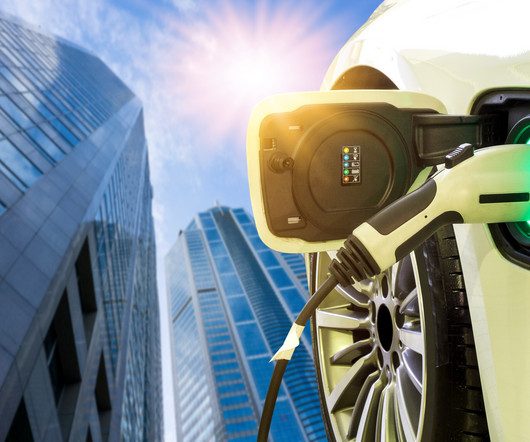



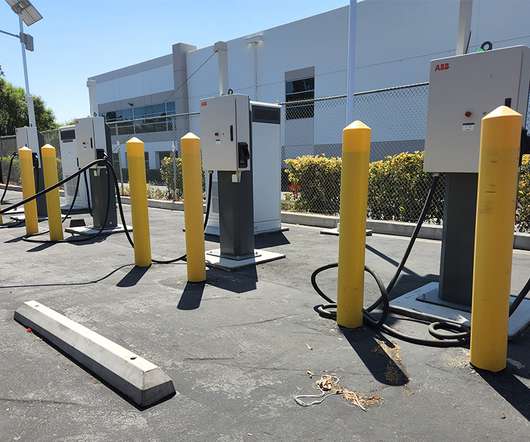





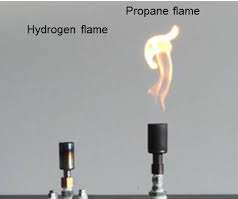



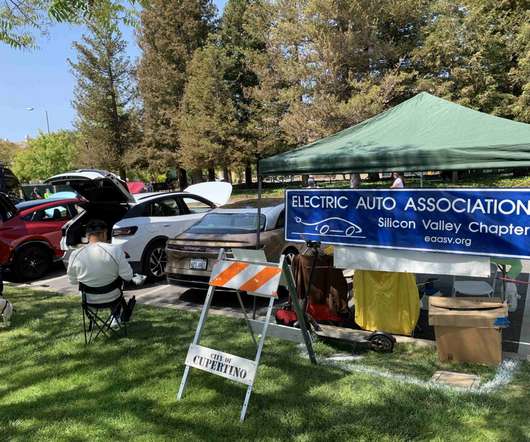



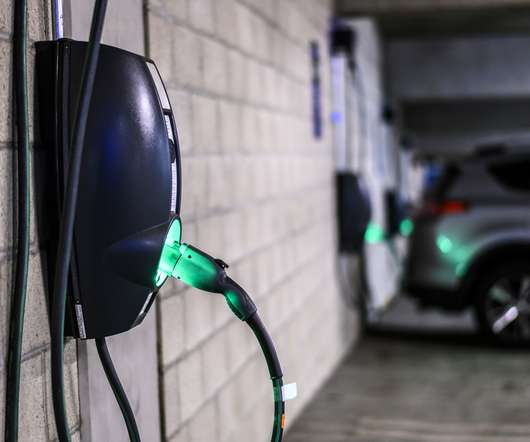
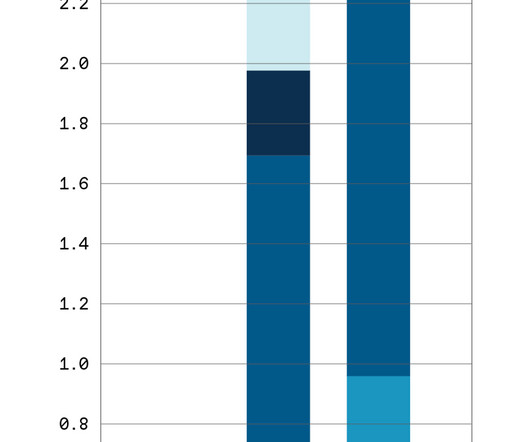


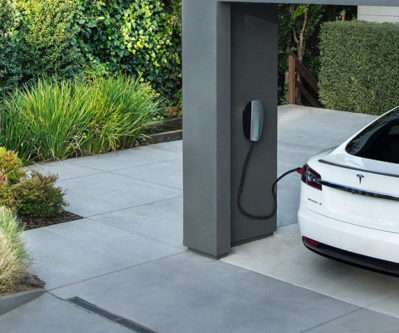









Let's personalize your content